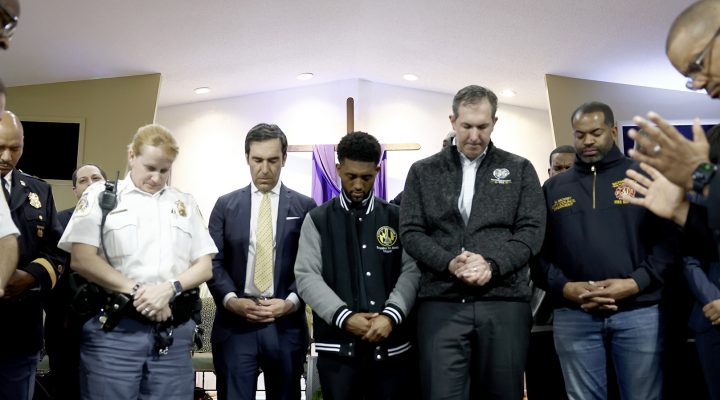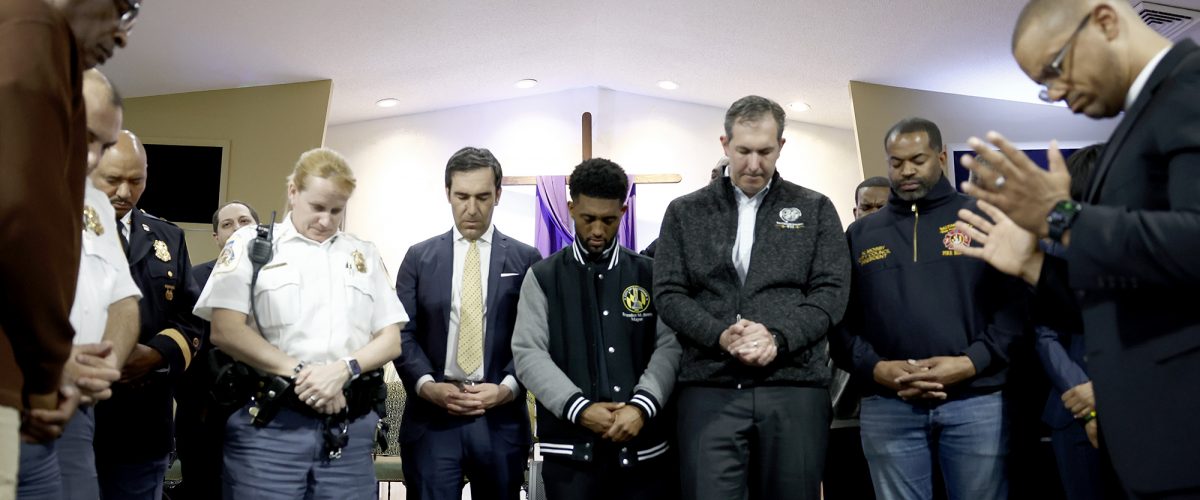Immigration advocates are extolling the contributions of the nation’s immigrant workforce while grieving for six Latin American construction workers killed or presumed dead after a cargo ship collided with a bridge in Baltimore, Md.
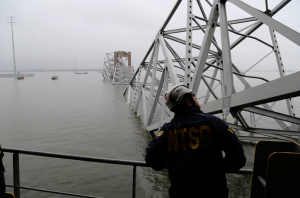 Supporters of immigration reform also warned that the vital importance of foreign-born essential workers has become increasingly obscured by political wrangling over border security.
Supporters of immigration reform also warned that the vital importance of foreign-born essential workers has become increasingly obscured by political wrangling over border security.
“So many immigrants do thankless and invisible work, at odd hours, often at risk to their own lives. Our economy depends on these jobs. And yet, the very same immigrants are met with hostility at our border,” Fellowship Southwest said in a news release.
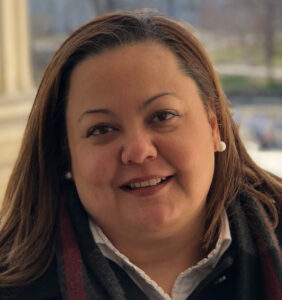
Anyra Cano
Anya Cano, director of programs and outreach for Fellowship Southwest, said prayers are being offered for the families of those lost in the bridge collapse and for all immigrants who do the essential but thankless jobs others are unwilling to do.
“I see the faces of our dear members who work in dangerous situations on building our roads, in the heat and cold,” she said. “Some have been hit by reckless drivers, some end up with severe heat exhaustion. They all pray for another, less dangerous job.”
In Baltimore, victims of the March 26 incident were part of an eight-man construction team working an overnight shift to fill potholes on Baltimore’s Francis Scott Key Bridge. Around 1:30 a.m., a Singapore-flagged cargo vessel, the Dali, lost power and struck the span, causing it to collapse, the National Transportation Safety Board said.
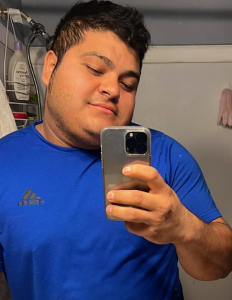
Dorlian Castillo Cabrera
Two of the men who plunged into the icy waters of the Patapsco River were quickly rescued, and authorities recovered the bodies of two previously missing victims on March 27. They were identified as Alejandro Hernandez Fuentes, 35, of Mexico, and Dorlian Castillo Cabrera, 26, of Guatemala, CNN reported. Divers found them in a pickup truck submerged near the middle span of the bridge.
CASA, an immigration advocacy organization, identified Miguel Luna of El Salvador, and Maynor Suazo Sandoval, 38, of Honduras, as two of those still missing. Both men had lived in or near Baltimore for nearly 20 years. The remaining two missing workers, as yet publicly unidentified, are said to be natives of Guatemala and Mexico.
“Our hearts break knowing that Miguel and Maynor were part of the … essential workers who were on the bridge when it came tumbling down,” CASA said in a statement. “Families are in anguish, lamenting the loss of their loved ones. They had a dream of a better future for themselves and their families and made the brave decision to travel to this country for a brighter future.”
The Washington, D.C., and Baltimore metro areas are home to about 334,300 workers in essential fields who comprise about 39% of the construction work force, the group said.
CASA also cited a February Congressional Budget Office prediction that net immigration gains will be largely responsible for surging the U.S. labor force to 5.2 million people and GDP to $7 trillion by 2033.
“In a time when there is so much hatred against the immigrant community, we look to the story of Maynor and Miguel, who built bridges to connect communities, not building walls to divide them.”
“In a time when there is so much hatred against the immigrant community, we look to the story of Maynor and Miguel, who built bridges to connect communities, not building walls to divide them. Today and always, we honor them and their sacrifices,” the CASA statement said. “Immigrants are essential workers who deserve dignity and respect, and to honor and appreciate them completely they must be protected with the full breadth of immigration policies this country can offer.”
Even before the tragedy, much of Baltimore’s faith community has been working to make immigrants feel welcome in the area, said Matt Stevens, a local pastor and president of Somebody Cares Baltimore, an organization that connects churches and other groups to revitalize communities.
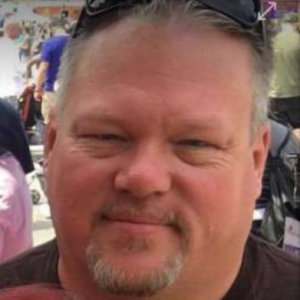
Matt Stevens
“These are beautiful people, he said. “They are amazing people. Some have come across almost two continents to find safety and better opportunities.”
Stevens described a city-wide and regional collaboration between congregations and nonprofit groups to provide immigrants and others with essential needs. Somebody Cares works with about 40 distribution points, such as food pantries, to help give immigrants and others healthy food.
“Our approach, here in our city and our region, is to do what we believe God would have us to do to serve them,” Stevens said. “This becomes so politicized when people take positions and lose sight that we are talking about humans — people, brothers and sisters. Jesus called them our neighbors. And the ‘big C’ church is called to work together to be a moral plumb line for the rest of the country.”
The bridge collapse and loss of life has brought intense pain to the wider immigrant community, said Krish O’Mara Vignarajah, president of Global Refuge, the Baltimore-based organization formerly known as Lutheran Refugee and Immigration Service.
“We are profoundly heartbroken, and our thoughts are with those missing, their loved ones, our first responders, and our entire city left reeling from today’s unthinkable tragedy,” she said. “Bridges can be rebuilt, but the damage inflicted on these families can never fully be repaired. We pray that those missing be found, and that all those impacted by this tragedy find strength, healing, and comfort during this incredibly trying time.”

